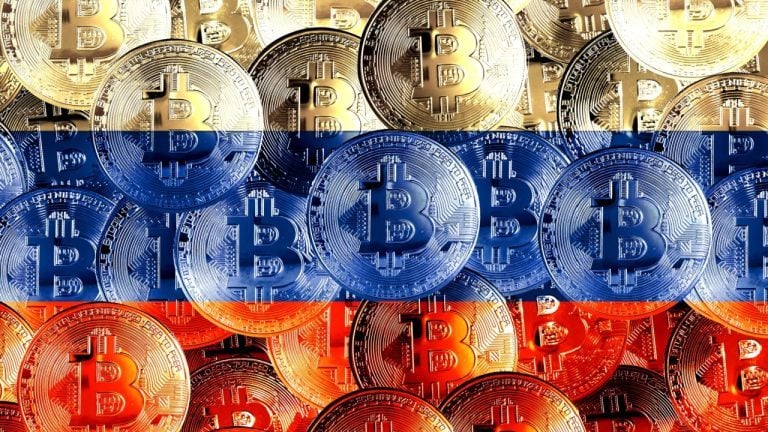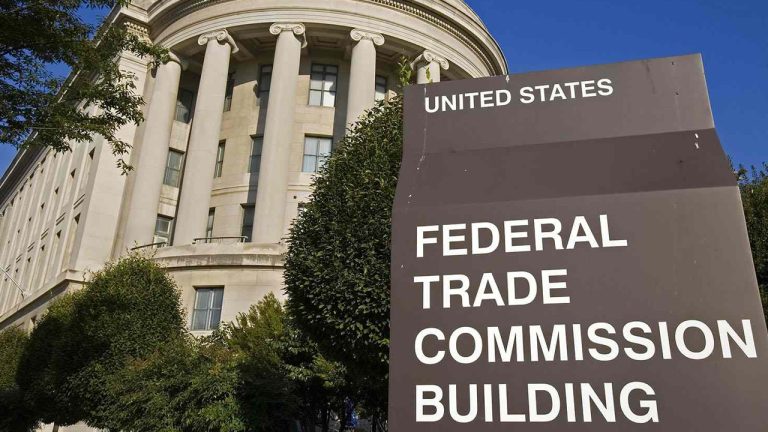
FTX Foundation employee Ross Rheingans-Yoo said he was not part of Sam Bankman-Fried’s “inner circle” and knew nothing about FTX’s fraud.
An employee of FTX’s charity wing recruited by FTX co-founder Sam Bankman-Fried is trying to get paid $275,000, the remainder of his claimed 2022 salary bonus.
Ross Rheingans-Yoo's lawyers argued in a Nov. 13 court filing that only $375,000 of his $650,000 bonus was paid by FTX. They claim the remaining funds were owed when the crypto exchange filed for bankruptcy in November 2022.
Rheingans-Yoo’s latest filing comes in response to FTX’s objection filed on Oct. 30.

Rheingans-Yoo shared part of a Google Doc created by Bankman-Fried that laid out his employment terms at the FTX Foundation, which came with a $100,000 base salary. He claimed Bankman-Fried told him in memo
Rheingans-Yoo iterated he was not part of Bankman-Fried’s “inner circle” and wasn’t aware that FTX misappropriated customer funds with his lawyers adding:
“Instead, Rheingans-Yoo was a faithful employee who found himself in a mess he did not create.”
Rheingans-Yoo claims he is entitled to a further $650,000 specifically to donate to charity, a prepetition salary payment of about $5,700 and a post-petition salary of at least $62,800.
Advisers claim FTX has already fully paid Rheingans-Yoo his bonus because he elected to have the award partially repaid via options in the firm’s corporate affiliates before it filed for bankruptcy.
However, Rheingans-Yoo denies that claim.
The fate of Rheingans-Yoo’s bonus will be determined by a Delaware bankruptcy judge who is overseeing FTX’s Chapter 11 bankruptcy.
Related: FTX files billion-dollar lawsuit against Bybit over asset withdrawals
FTX sued Rheingans-Yoo’s Latona Biosciences Group, Bankman-Fried and several other defendants in July to return $71.6 million in investments and donations allegedly sent to various life science companies.
FTX seeks to recover through avoidance of transfers of $71.5m from
— Sunil (FTX Creditor Champion) (@sunil_trades) July 20, 2023
Life Sciences, Lumen Bioscience, GreenLight Biosciences Holdings, PBC, Riboscience, Genetic Networks, 4J Therapeutics, Latona Biosciences, FTX Foundation, SBF, Ross Rheingans-Yoo and Nicholas Beckstead pic.twitter.com/T7lF3sZmzN
The crypto exchange claims Rheingans-Yoo and Bankman-Fried personally benefited from the investments and donations but FTX and Alameda Research did not.
“Each of these transfers was made with the intent to hinder, delay, or defraud present or future creditors, a fact known by the FTX Foundation, Latona, and Bankman-Fried.”
Rheingans-Yoo claims his work at Latona, which involved analyzing potential recipients, speaking with their founders and executives and conducting due diligence, would’ve produced “positive results for society.”
Magazine: Can you trust crypto exchanges after the collapse of FTX?








